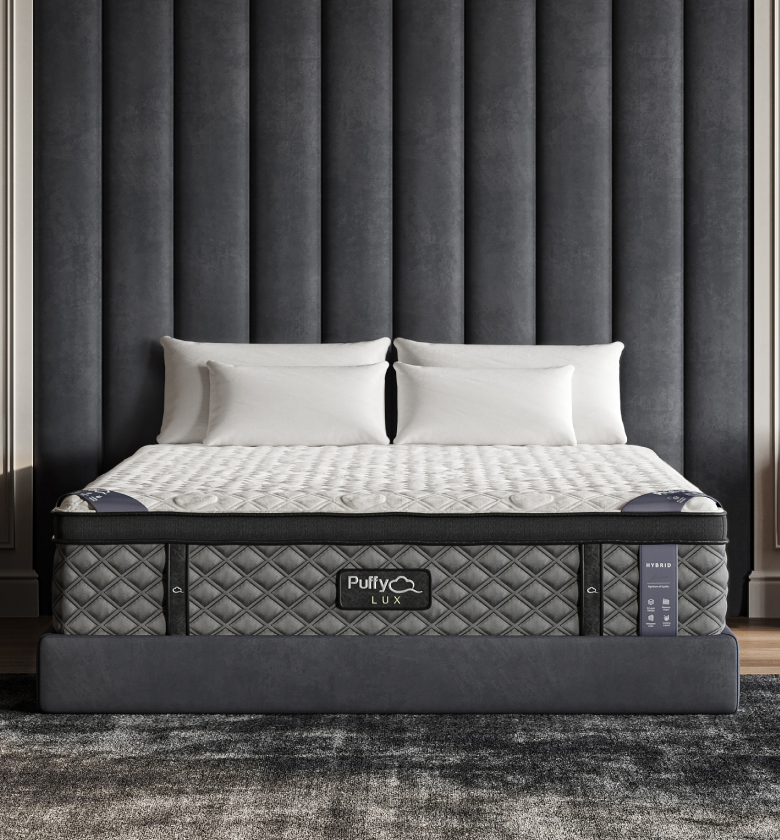Key Takeaways
- Emergency Response Time: Quick action within the first few hours is crucial for your dog’s safety.
- Professional Assessment: Contact your veterinarian immediately for proper evaluation and guidance.
- Monitoring Symptoms: Watch for signs like vomiting, lethargy, or loss of appetite.
- Prevention Strategies: Use proper training and appropriate chew toys to prevent recurrence.
- Home Environment: Keep pillows and stuffed items out of your pet’s reach when unsupervised.
Your peaceful evening suddenly turns chaotic when you discover your dog has torn apart a pillow and eaten some of the stuffing. This scenario is more common than you might think, and knowing how to respond can make all the difference in your pet’s safety.
In this guide, we’ll walk you through the immediate steps to take and help you understand why dogs engage in this behavior.
Why Does My Dog Eat Pillow Stuffing
Understanding the root cause of this behavior is essential for prevention and treatment. Dogs may be drawn to pillow stuffing for various reasons that stem from both natural instincts and behavioral issues.
- Anxiety and Stress: Dogs often resort to destructive behaviors when experiencing separation anxiety or general stress. The act of tearing and chewing provides a sense of comfort and release.
- Boredom and Lack of Stimulation: When dogs don’t receive adequate physical exercise or mental enrichment, they may seek entertainment through destructive chewing. The texture and sound of tearing fabric can be particularly engaging.
- Pica Disorder: Some dogs develop pica, a condition that causes them to eat non-food items. This can be triggered by nutritional deficiencies or underlying health issues.
- Teething or Dental Discomfort: Younger dogs or those with dental problems might chew on pillows to alleviate mouth pain or discomfort.
- Natural Hunting Instincts: The act of “killing” and tearing apart soft objects like pillows mimics natural predatory behaviors, making it inherently rewarding for dogs.
Just as the Puffy Cloud Mattress provides comfort through its premium materials, dogs often seek comfort through different means – though sometimes in destructive ways like pillow chewing.
What to Do if Your Dog Eats Pillow Stuffing
Immediate action is crucial when you discover your dog has ingested pillow stuffing. Follow these essential steps to ensure your pet’s safety and well-being.
- Assess the Situation: Quickly determine how much stuffing was ingested and when it happened. Take photos or preserve evidence to show your veterinarian if needed.
- Remove Remaining Material: Secure any remaining pillow pieces or stuffing to prevent further ingestion. Check the surrounding area for scattered materials.
- Contact Your Veterinarian: Call your vet immediately for professional guidance. Be prepared to describe the amount ingested, type of stuffing, and any symptoms your dog is showing.
- Monitor Your Dog: Watch for signs of distress, including vomiting, diarrhea, loss of appetite, lethargy, or difficulty defecating. Keep detailed notes of any symptoms.
- Follow Medical Advice: Your vet may recommend inducing vomiting, but never attempt this without professional guidance, as it can be dangerous in some situations.
Similar to how the Puffy Lux Mattress provides multiple layers of comfort and support, your dog needs multiple layers of care and attention when dealing with foreign object ingestion.
Prevention and Long-term Solutions
Creating a safe environment and addressing underlying behavioral issues are key to preventing future incidents.
- Environmental Management: Store pillows and cushions in closed rooms or high shelves when you can’t supervise your dog. Consider using protective covers on accessible furniture.
- Appropriate Alternatives: Provide plenty of safe, durable chew toys that satisfy your dog’s natural urging to chew and tear. Rotate toys regularly to maintain interest.
- Training and Exercise: Implement a consistent exercise routine and mental enrichment activities to prevent boredom-related destructive behaviors.
- Professional Help: Consider working with a professional dog trainer or behaviorist if the behavior persists, especially if anxiety is the root cause.
Conclusion
While discovering your dog has eaten pillow stuffing can be alarming, staying calm and taking quick, appropriate action is crucial.
By understanding the reasons behind this behavior and implementing preventive measures, you can protect your pet from future incidents while ensuring their immediate safety through proper medical attention when needed.

- 8 layers of cloudlike luxury.
- Medium-plush feel.
- Gel-infused cooling.
- 101-night sleep trial.












